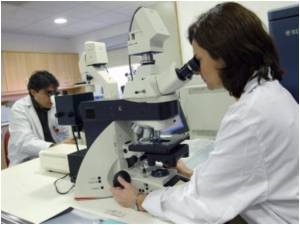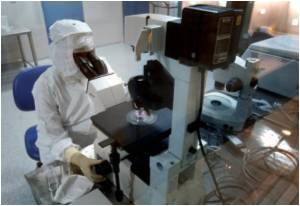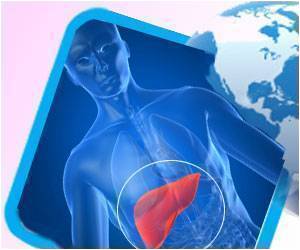A new technology can come to the aid of scientists during clinical trials , enabling a better understanding of how drugs work.

This research was presented at the Fourth AACR International Conference on Molecular Diagnostics in Cancer Therapeutic Development.
Currently, research on cancer agent activity requires patients to undergo several invasive biopsies to generate enough cells for testing. Fan and colleagues developed a highly sensitive test called the nano-immunoassay (NIA) that can make nanoscale protein measurements in cells from minimally invasive blood draws or fine-needle aspirates. The researchers used a microfluidic instrument called the Nanopro1000 (Cell Biosciences).
After studying NIA in several clinical trial settings, diagnostic testing results showed that protein profiles in the RAS and MAP kinase pathways could distinguish tumor cells from normal cells. Researchers could use these profiles to group different tumor types.
The researchers analyzed proteins in cells from patients with lymphoma or myelodysplastic syndrome. Two novel treatments for these diseases had a measurable effect on protein activity in tumor cells, Fan said.
Finally, the team used NIA in conjunction with flow cytometry to determine a drug's differential effects in tumor cells vs. normal cells within each patient.
Advertisement
In the long-term, nanoscale approaches may eventually affect all stages of cancer care.
Advertisement
NIA could be particularly useful in studying rare cell populations such as circulating tumor cells and cancer stem cells.
Source-Eurekalert










